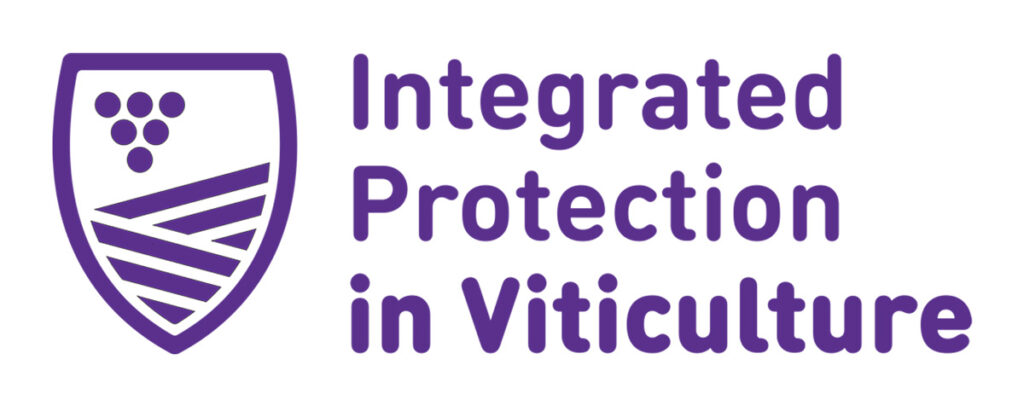Plant protection in viticulture is matter of discussion due to the undesirable effects of pesticide use on human health and the environment. EU has launched various measures to reduce negative impacts of intensive management practices and to promote the transition towards more ecologically-based pest management methods. In addition, climate change poses particular regional challenges in the different wine-growing countries. While heat, drought and fire are pushing viticulture to its limits here, other areas are struggling at times with continuous rain and fungal diseases. The particular challenge here is to develop plant protection and cultivation systems that are as sustainable and effective as possible for each region. Research in this field is producing excellent results but their implementation in practice is still challenging. For our working group, which represents the wine-growing regions of the Western Palearctic, it is particularly important to understand scientifically the regional bottlenecks of sustainability and to communicate towards policy-makers that these may vary greatly from region to region.
This international conference aims to bring together scientists, researchers, students and consultants working on biological control and integrated protection in viticulture. This conference offers opportunities to share ideas and to discuss current research findings. Promising areas for future research will be identified.
Conference website: https://www.icvv.es/english/iobc
Proposed topics:
1. Advances in knowledge and new solutions against diseases
a) Pathogens – plant interactions
b) Resistant varieties: strengths and weakness
c) Inducing resistance through chemical or agro-technical means
d) Pathogens – arthropods relationships
2. New strategies in arthropod pest control
a) Conservation biological control in viticulture
b) Bio-ecology and management of invasive pests in viticulture
c) Disruption in communication and pest control
3. Sustainable management of soil and weeds
a) Alternatives to herbicides
b) Soil management strategies: implications for pest control
4. IPM implementation and tools for sustainable viticulture
a) New technologies and products aimed at reducing pesticide use
b) Organic viticulture: opportunities and limitations
